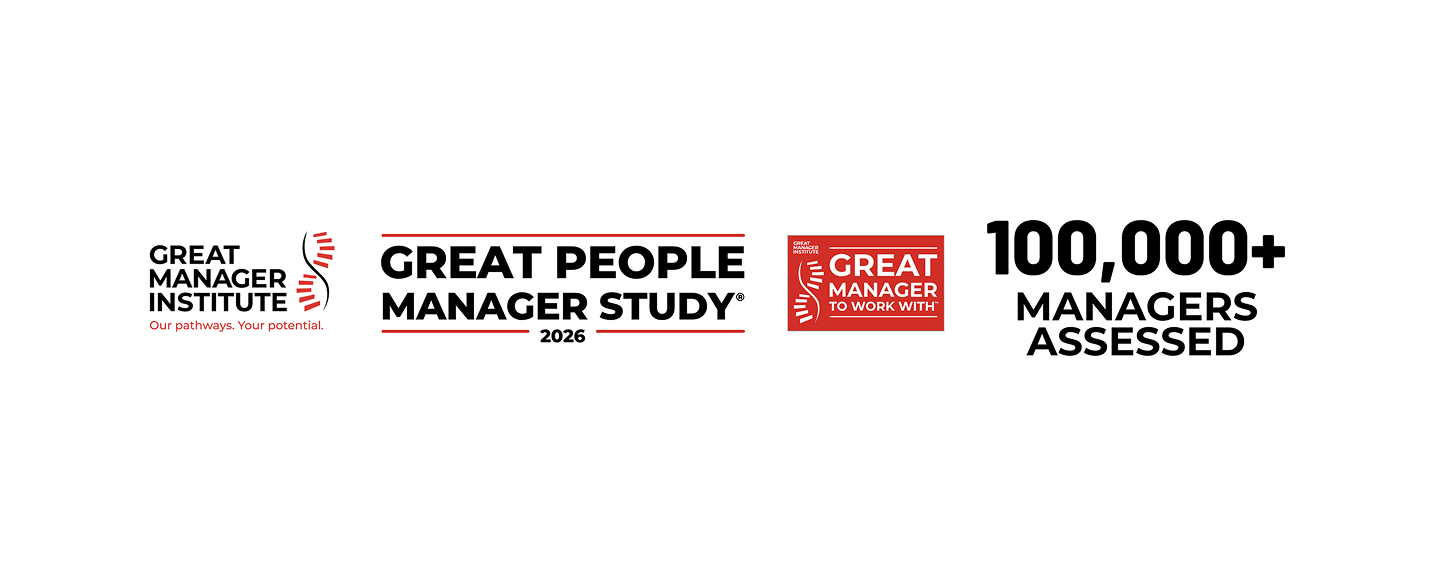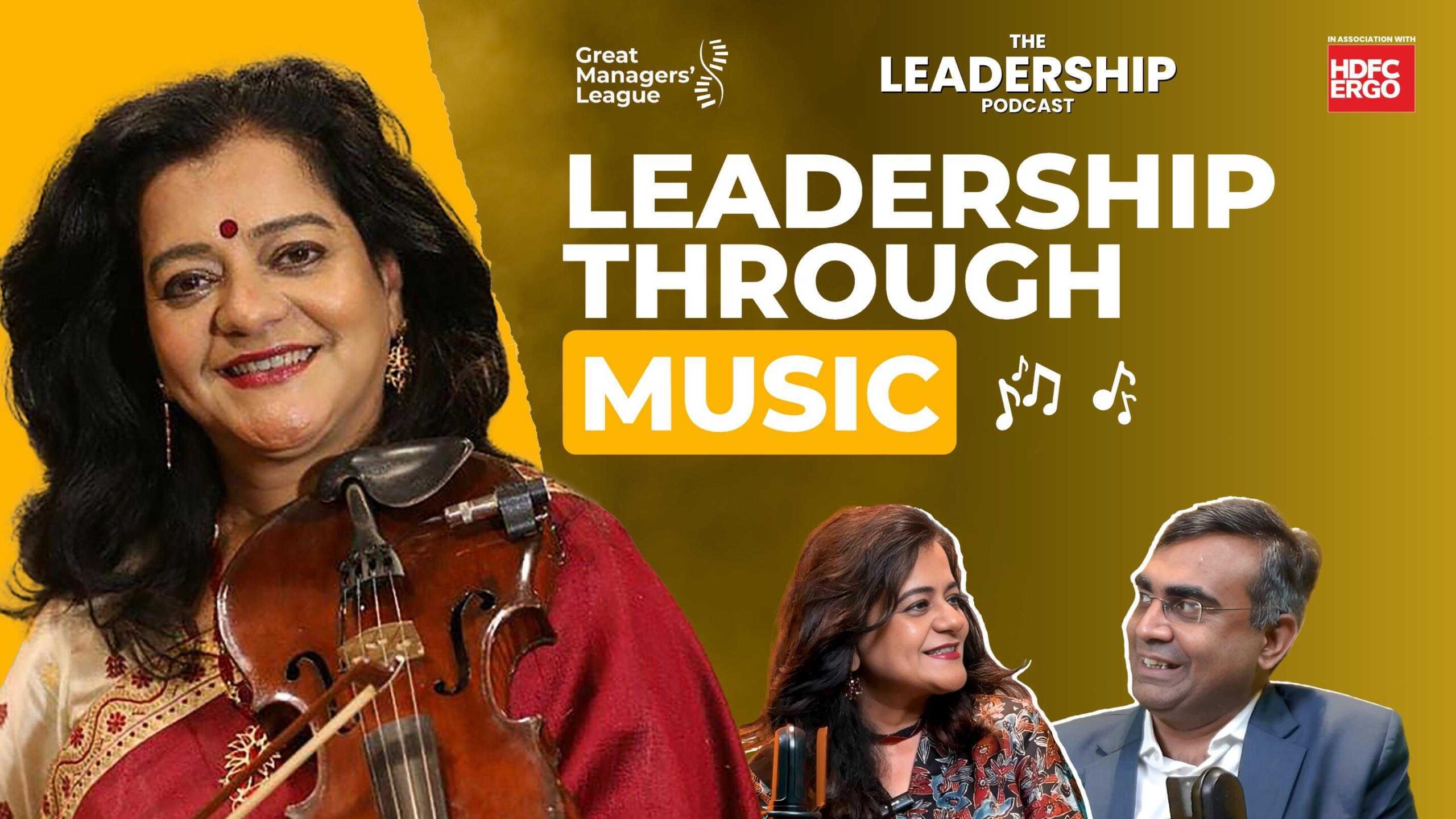One would not have to look far back to find a period when the idea of a Human Resource Officer at a CXO level was frowned upon. But, the world has changed so has the pace of its change. In this case, the pandemic and the Great Resignation became the stimuli. Companies realised that they cannot survive solely on business strategies and outcomes. The concern was real and striking; what good is a business when there is nobody to manage the business makers?
The question then is nothow important it is to have senior-managers in the Human Resources department. Weshould ideally be past that. The challenge, now, is identifying the key concerns of CHROs. Although a ton of issues come to mind when thinking of it, there’s one that is clear and serves as a foundation to all; building organisational culture.
While it does seem cliched and overused, it is because of its ability to encompass sundry facets required to run a successful organisation.
But how do we define organisational culture?
We are living in times where organisations are keen on exploring ways to increase productivity of their employees. You can keep on watering the plant, but if it is not rooted properly, it will never grow. And here we must realise the need for an Organisational culture, it serves as the root of an organisation.It is anything and everything in an that motivates the employees to stay and give their time.
Traditionally, organisational culture was looked at as an amalgamation of the values, beliefs and school of thought of a particular organisation. But times changedand soon the employee became the centre, it was understood that the definition now must incorporate the practices and everyday actions that make a difference in the experiential reality of the employees. This helps in making an organisation inclusive through the way of rewarding and celebrating employees, decision-making, and communication.
Hence, if anything, a CHRO needs to strengthen the roots, and place the employees firmly and comfortably. This will allow employees to unleash their creativity and productivity.
Workspace, not generation specific anymore
Another challenge organisations and CHROs face is that of managing a : a variety of generations.keep them engaged at work. They facw the challenge i of building a workspace that serves and is conducive to all generations with different set of beliefs and work patterns.
In times like these, building a strong foundation is more crucial than ever.he roots have to be moulded in such a way that everyone feels that they belong, are seen and heard. A well-built organisational culture will be a mirror of the organisation’s relevancy and consistency. It will denote their timelessness and endurance no matter what.
On the other hand, a weak organisational culture will evoke feelings of distrust and uncertainty in the employees, especially given the different mindset these generations are coming from. ,Making it a must for CHROs to formulate and establish a culture, an understanding of acceptance and solid value system..
Culture flows from the top
It is easy to say that it is the people that make an organisation and its culture. But t in a hierarchical setting, sometimes just the people around can be too less for something as omnipresent as a culture. This is why this article is not about why organisational culture is important but about why it should be the top priority of today’s CHROs.
An organisational culture, with all its mission and vision statements, needs to flow from the top of the pyramid. This flow should be so effective that everyone working for a particular organisation understands and applies such values. r. If the same does not happen, all that has been communicated is null and void
Hence, to reiterate, organisational culture is what can be seen in the actions of the leaders. Leaders who walk the talk. Leaders who inspire the ones even at the bottom of the pyramid to effortlessly settle into the culture.
A strong, healthy organisational culture will help in avoiding attrition.
When people feel like they belong, are appreciated and are respected, so that there are little to no reasons to leave an organisation. However, a lot depends on how this belongingness, appreciation and respect is invoked and carried out. Everything depends on it. This is precisely where organisational culture steps in, in the actions of it all.
We live in an era where resignations are frequent and Generation Z is anything but consistent. Conversations about the gen’s disengagement at work are everywhere today. And, it is a big concern for organisations all across the globe. At the same time, this generation is also hyper-aware of the values and beliefs of the organisation they are employed in. They are less likely to invest their time in an organisation that has been scandalous or found to be untruthful and vague in the past.
Making it all the more necessary to create a base for a transparent, healthy and robust organisational culture. The upcoming generation of the workforce is radically different from their Millennial counterparts. The strategies need to change accordingly, moulding or establishing a strong organisational culture should be the target.
Marketing the company’s name
Today, salary package isn’t the sole criterion for choosing a company, thus making it crucial for organisations to develop a healthy organisation culture.The answer is not just to build a reputation through the quality of services and products of the organisation,t also requires the delivery people of these outputs to be on the organisation’s side.
Building a firm organisational culture will help the employees to feel connected to the vision, mission and values of the organisation. Tomorrow if the world forgets your services, someone somewhere will still be talking about the healthy organisational culture that exists in your workplace.
It does take time for employees to adapt and become a part of the culture you inculcate but when that happens, the values and principles you desire manifest in the best way possible.For no matter how many variations of the ‘Hare and the Tortoise’ story come out, the first one will always be a classic. The slow and steady really win the race!
And, it’s time to begin that consistency.











